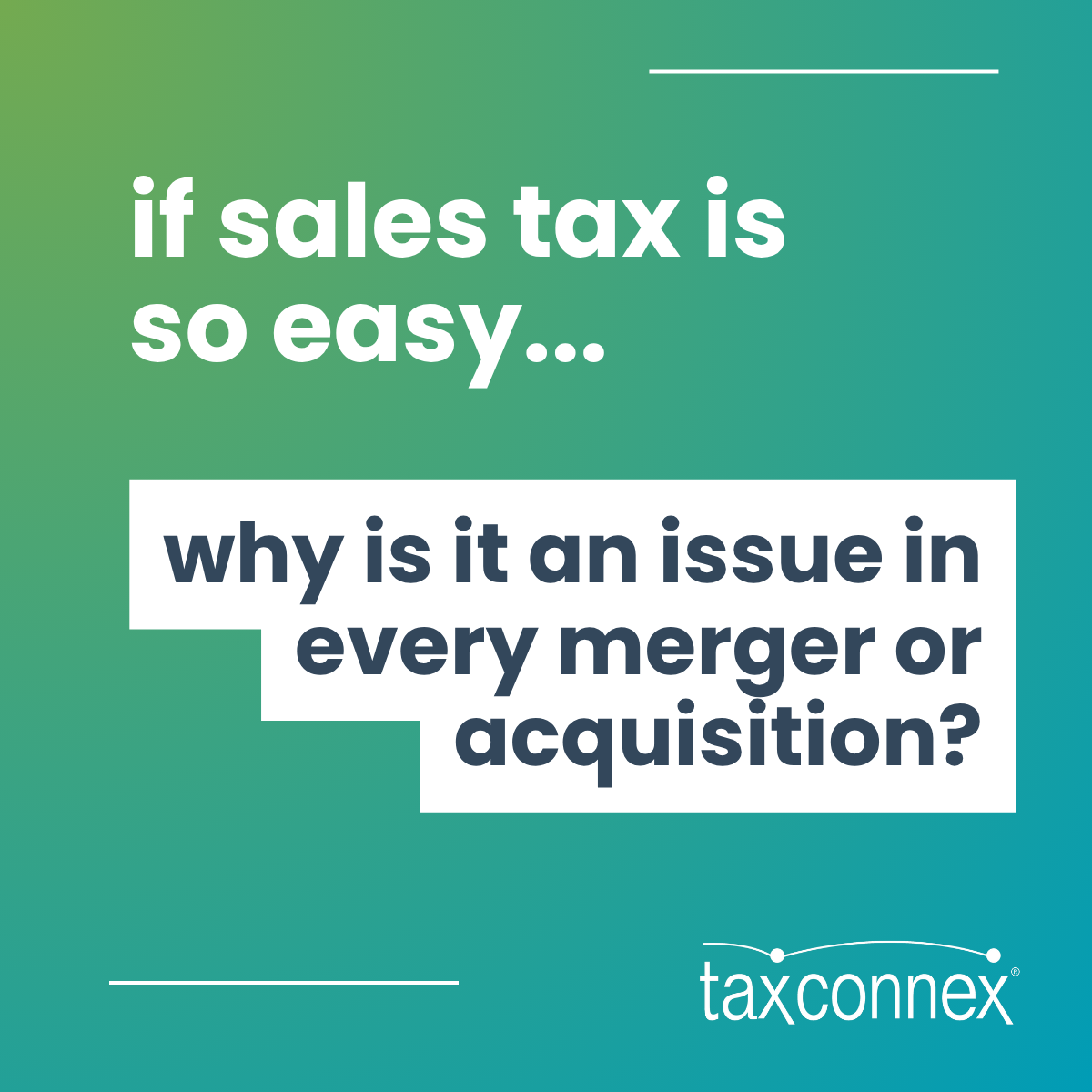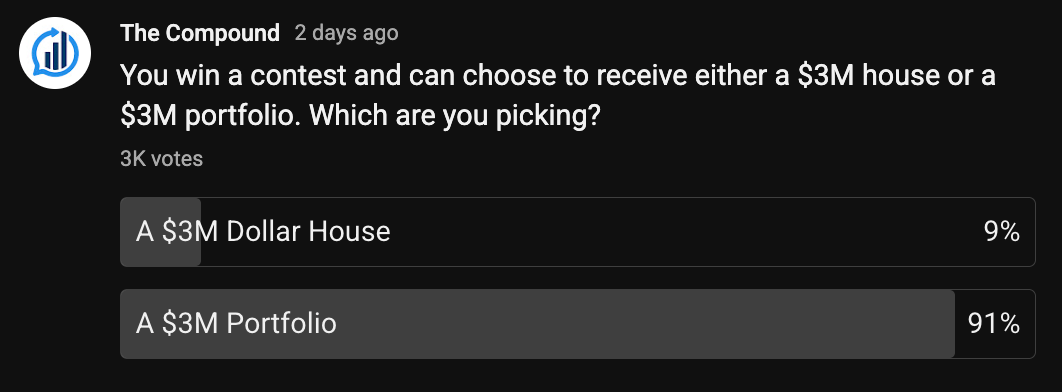Last Friday, I walked out of the grocery store shaking my head.
I had just picked up a bottle of wine that used to cost $18. It was now $27.
This wasn’t a fancy Bordeaux or some exotic vintage either. It was just a bottle of nice Italian table wine that my wife and I occasionally gift to friends when they invite us over for dinner.
And I realize this bottle of wine shot up 50% because of shifting supply and demand and the lingering effects of inflation. I understand how the global economy works.
But even knowing this context, it stings when prices spike.
That’s why I’ve been especially concerned about Trump’s proposed tariffs.
Because it looks increasingly likely that pain is on the way for American consumers.
Major retailers like Walmart and Best Buy, car manufacturers like Ford and Subaru, and companies as varied as Procter & Gamble and Mattel have issued warnings that they will be raising prices due to the uncertainty around Trump’s tariffs.
That means nearly everything could soon cost Americans more.
But a secretive federal court might have just changed the trajectory of Trump’s tariff efforts.
It’s not the Supreme Court. It’s not a federal appeals court either.
But if you’re worried about your wallet, it might be the most important court you’ve never heard of…
The CIT to the Rescue?
It’s called the U.S. Court of International Trade (CIT).
The CIT was created by Congress in 1980. It’s based in New York and has jurisdiction over cases involving international trade and customs.
Source: https://www.cit.uscourts.gov
And this obscure judicial body just issued a major ruling that could unravel a major piece of Trump’s tariff policy.
You see, Trump imposed the majority of his tariffs under a law called the International Emergency Economic Powers Act, or IEEPA.
Originally passed in 1977, the IEEPA was designed to give the president temporary authority to control financial transactions and trade during a national emergency…
Usually a wartime scenario or national security threat.
But Trump used it to justify his sweeping trade offensive against countries that he said were taking advantage of the U.S.
In other words, Trump said that America’s trade imbalance is a national emergency.
Critics — including multiple states and legal scholars — took issue with this interpretation of IEEPA.
They argued that trade deficits have existed for decades, and that the president can’t just declare a trade emergency and impose what amounts to a sales tax…
Because under the Constitution, only Congress can impose a tax.
And these competing beliefs were at the crux of a case the CIT just ruled on.
The challenge was brought by a small wine importer called V.O.S.
Selections, along with four other small businesses. They claimed Trump overstepped his authority when he used IEEPA to slap his “reciprocal” tariffs on foreign goods, including European wine.
The case hinged on whether Trump’s justifications met the legal definition of an “emergency” and whether the president could use IEEPA as a backdoor to enact tariffs without Congressional approval.
To be clear, this wasn’t a slam dunk case for either side.
In fact, one big precedent could have swayed the judges presiding over this case.
It’s a case called U.S. v. Yoshida International.
Back in 1971, President Nixon used a law similar to IEEPA called the Trading With the Enemy Act to impose tariffs on Japanese imports.
A Japanese zipper company sued, and the court sided with the government.
Trump’s team pointed to that case as a green light for his tariffs.
But the judges on the CIT panel expressed skepticism about giving any president unlimited tariff authority.
And on Wednesday, they issued their decision.
In a unanimous ruling, the court declared that President Trump had exceeded his authority under the IEEPA by imposing sweeping tariffs without Congressional approval.
The judges stated that the IEEPA does not grant the president “unbounded authority” to regulate importation by means of tariffs.
Instead, these powers reside with Congress, as outlined in the Constitution.
This decision nullifies Trump’s executive orders imposing 25% duties on Canadian and Mexican products, a 20% tariff on Chinese goods and a 10% universal tariff on most other imports.
It also struck down the paused “reciprocal” tariffs of between 20% and 50% on over 60 trading partners, which were scheduled to go into effect on July 9 if foreign governments couldn’t reach a deal with the White House before then.
The ruling was a significant blow to Trump’s trade agenda…
But it doesn’t mean the trade wars are over.
Here’s My Take
Tariffs can be useful. They can protect key industries, and they can give the U.S. leverage in trade negotiations.
But when they’re imposed inconsistently and erratically, they introduce chaos.
That’s where we find ourselves today.
Businesses are stuck in limbo because they don’t know what their import costs will be next quarter.
And if there’s one thing the stock market hates, it’s uncertainty.
This is why we’ve seen wild swings since Trump’s tariff announcements in early April…
Source: Yahoo Finance
And it’s why I believe there’s more volatility ahead.
You see, the CIT’s recent decision applies specifically to tariffs enacted under the IEEPA.
But it doesn’t touch any of Trump’s tariffs that were issued under separate authorities.
That means it doesn’t affect tariffs on steel, aluminum and automobiles, or the ones Trump has threatened to impose on pharmaceuticals, semiconductors and other products.
What’s more, less than 24 hours after the CIT’s ruling, a separate court temporarily paused that decision.
So the chaos continues.
I believe this case could go all the way to the Supreme Court.
If the CIT’s decision is ultimately overturned, it will open the door for future presidents to unleash sweeping trade crackdowns without congressional input.
And if that happens, the U.S. economy could be thrown into a permanent cycle of retaliatory tariffs and global uncertainty…
While American consumers remain in the crossfire.
For the sake of our wallets, let’s hope that doesn’t happen.
Regards,
Ian King
Chief Strategist, Banyan Hill Publishing
Editor’s Note: We’d love to hear from you!
If you want to share your thoughts or suggestions about the Daily Disruptor, or if there are any specific topics you’d like us to cover, just send an email to [email protected].
Don’t worry, we won’t reveal your full name in the event we publish a response. So feel free to comment away!
Disclaimer: This story is auto-aggregated by a computer program and has not been created or edited by finopulse.
Publisher: Source link








